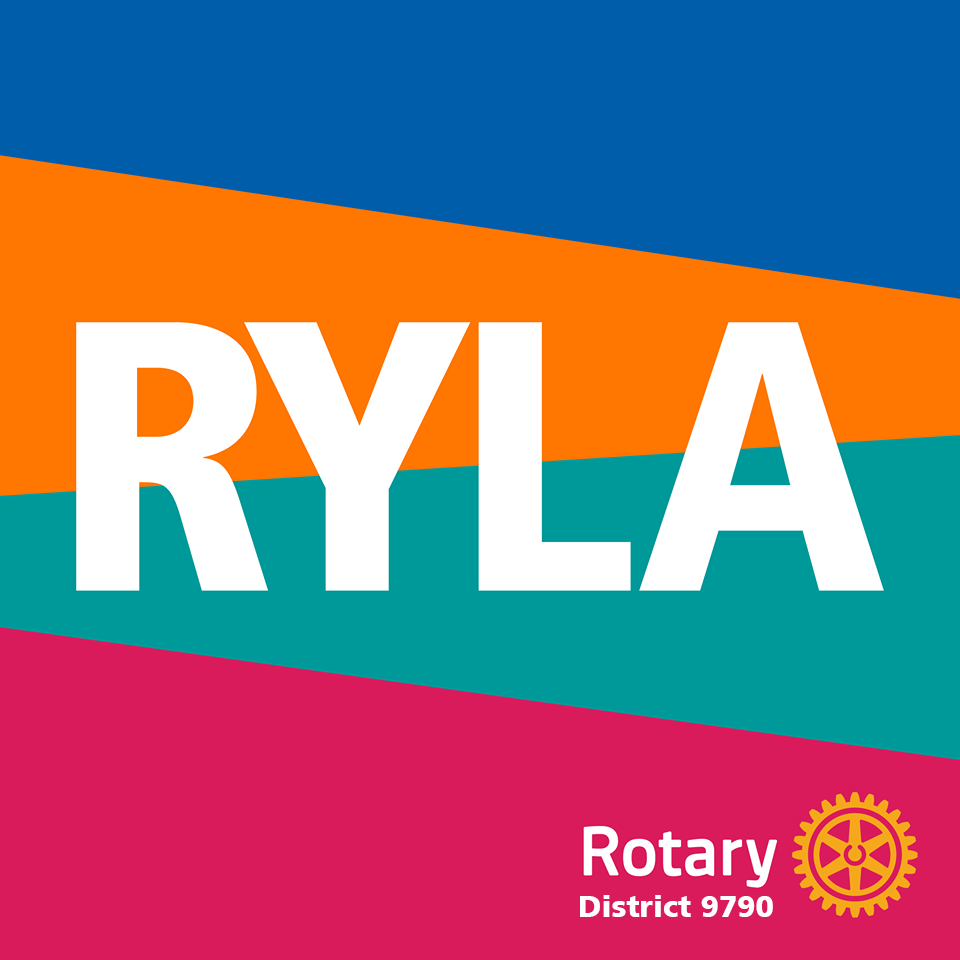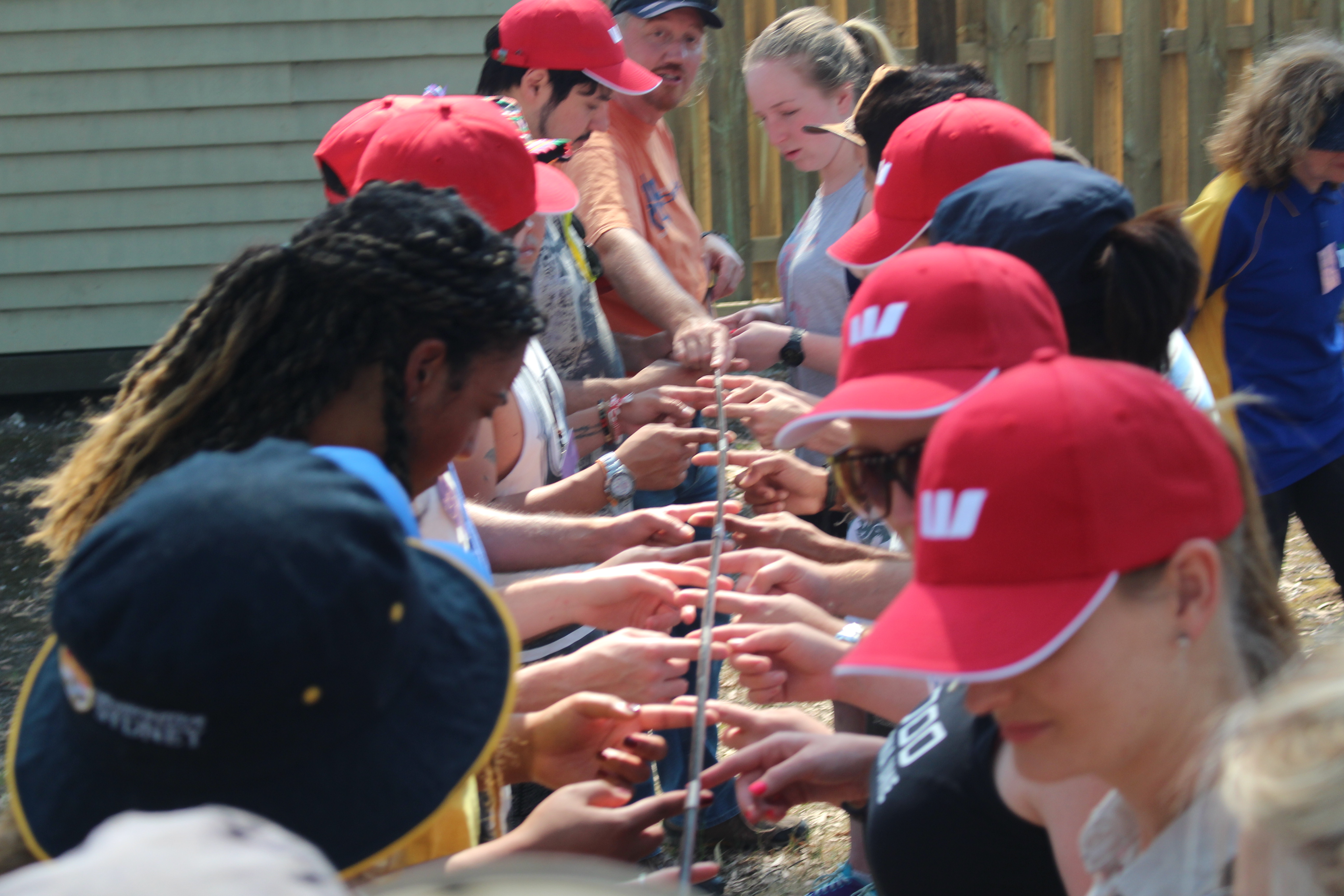Customer Story: Beornn McCarthy
- Details
- Published: Monday, 25 November 2019 13:05
Why did you engage PGT's services? Recommended by our team. PGT comes with a wealth of knowledge and a strong facilitation background. They also get the work done.
When did you first use our service: Mid 2018.
What were some of the challenges you experienced before getting in touch with PGT? Our main challenge was reaching graduate students. Internally there wasn’t a big culture of togetherness with customers. There was a need to get everyone together and the association to see face to face.
What problem did PGT solve for you? PGT helped with the engagement of the brand and facilities available to students, team building coaching skills.
Can you please talk me through the story of your experience with PGT?
Always positive, determined and persistent to get things done. They are user and customer focussed. Paul places people first, he’s wise and comes with so much wisdom and expertise. Paul is a great facilitator, we had fun which allowed students to drop their guard.
What makes you happiest about working with PGT? I love the facilitation elements. Paul is unbelievably patient, even though he needs to get things, he is also patient and understanding that sometimes people need a little more time to bring things together.
If you could pick four words, can you please tell me why you would recommend PGT? Inspiring, creative, dedicated, collaborative.



